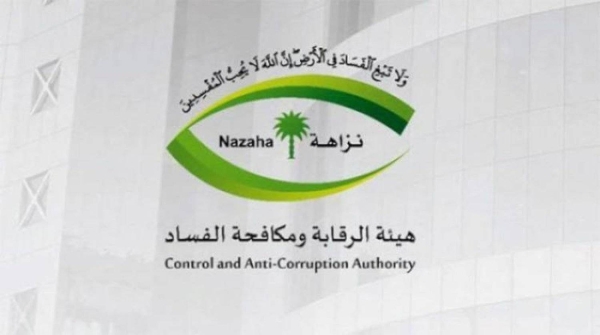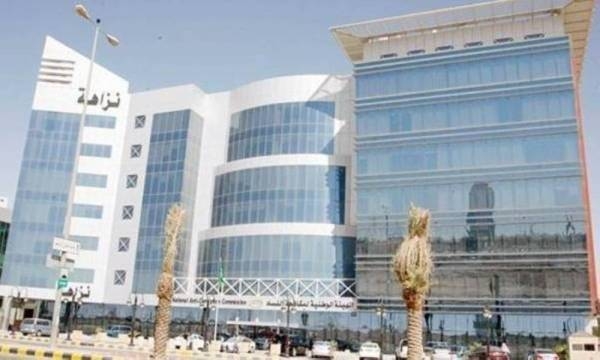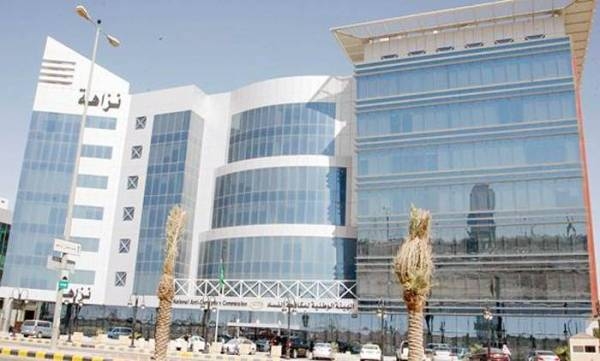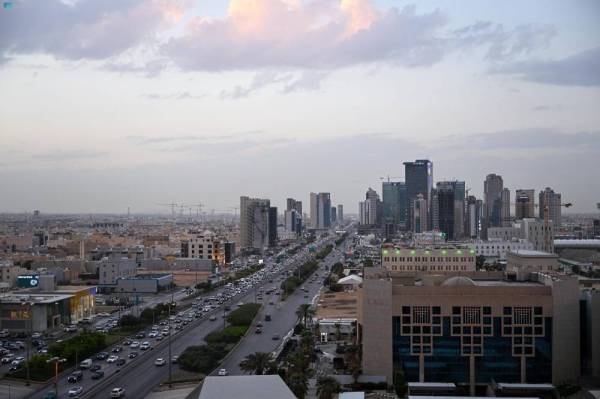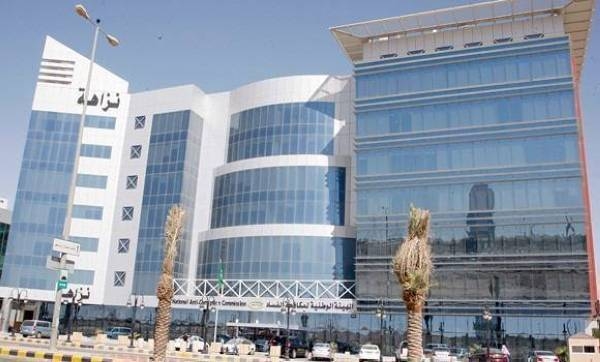
JEDDAH — The Oversight and Anti-Corruption Authority (Nazaha) announced on Tuesday the arrest of several government officials, as well as citizens and expatriates who were accused of corruption charges involving millions of riyals. The charges against them included crimes of bribery, abuse of influence and power, money laundering and forgery. Procedures are underway to complete legal measures against them.
Explaining details of the cases, the Ministry of Interior stated that an expatriate was arrested for obtaining an amount of SR6.6 million, in exchange for completing service procedures related to the Ministry of Human Resources and Social Development for the change of profession of expatriate workers, and canceling the final exit visa in an illegal manner. This was through entering the ministry’s computer system using the powers granted to a remote work employee who was detained in connection with a criminal case during the completion of the transactions. The employee was found handing over his mobile phone, which received verification messages that enabled him to enter the systems, to the expatriate through a colleague in the ministry to misuse it.
The ministry statement noted that a total of 5,663 transactions were carried out through this way and that was resulted in non-payment of fines and fees incurred from those operations in favor of the state treasury, amounting to SR75.75 million. Following investigations, three citizens were arrested for playing the role of broker in receiving transactions and the financial consideration for completing them in an irregular manner, in return for obtaining SR800000.
A university employee was arrested for corruption. It was found that while working as director of the Department of Remuneration for Male and Female Students at the university, he misappropriated SR6496304 by adding bank accounts of his wife and her two brothers in the remuneration list of male and female students.
Another expatriate was arrested for stealing SR8.84 million from the account of an Execution Court by forging bank checks issued from it and handing them over to a citizen and two expatriates to disburse them after obtaining a percentage of them. The citizen and the expatriates were also arrested.
Those arrested included director of self-resources, director of financial affairs in health affairs, director of maintenance and operation of a hospital, and an expatriate working as CEO of a commercial entity for presenting fictitious projects and awarding them to the entity, spending their value without implementing them on the ground, and sharing their value, which amounts to about SR1.41 million.
Another businessman and his brother, who works in the education department, were also arrested for their involvement in concluding agreement with commercial entities to award projects to the department at a value of SR1.68 million through his brother in exchange for sharing the sums without implementing them on the ground.
Former assistant director of health affairs for engineering projects was also arrested over corruption charges. He was accused of authorizing a commercial entity owned by his relative in a manner that violates the system to implement projects belonging to the directorate with SR927350 and to pay the dues of the institution, and in exchange for that he received SR432270.
Four expatriates working in the medical supply department of the Health Affairs were arrested for taking hold and selling medicines worth SR306461 from a medical supply warehouse. Two employees working in the education department were detained for taking hold of SR 57,073 from its bank account by transferring it to their accounts with incorrect exchange credentials.
An expatriate working for a commercial entity was caught red-handed when he accepted SR100000 out of SR400000 agreed upon in return for completing the procedures for disbursing financial amounts to a contracting company with the entity in which he works. Another expatriate was also caught red-handed when he received SR30000 in exchange for canceling fines against another expatriate from the computer system of the General Directorate of Passports (Jawazat). A non-commissioned Jawazat officer was also arrested after detecting his involvement in canceling the fines in an illegal manner with accepting money in return for that.
A municipal employee was caught red-handed when he received SR13000 in exchange for not issuing a violation against a commercial entity. An expatriate, working in an engineering office, was caught red-handed when he received SR5000 out of the SR15000 agreed upon in return for lifting the suspension of a commercial activity license belonging to a citizen.
Another expatriate, working for a company that contracted with the National Water Company (NWC), was caught red-handed when he received SR3000 in return for delivering water to a house in an irregular manner. An expatriate engineer working for a company contracting with NWC was also caught red-handed while receiving SR2500 from a citizen in return for reducing the consumption of his water meter.
The ministry said in the statement that an expatriate was arrested for attempting to smuggle eight gold bars out of Saudi Arabia through an airport. The man offered two bars to a customs officer as bribery after he was caught in exchange for enabling him to take the remaining quantity in his possession.
Another expatriate, who works for a company that operates periodic technical inspections of vehicles, was arrested for allowing to passing the test without examining the vehicle. A number of citizens and expatriates in various regions of the Kingdom were also arrested. They offered sums of money to the security men in exchange for their release and failure to take legal action against them for violations that they had committed.
Nazaha affirmed that it continues to monitor and control anyone who encroaches on public money or misuse his position or job to serve his personal interest or to harm the public interest. Such people will be held accountable even after the end of their service since financial and administrative corruption crimes do not fall under the statute of limitations. The authority also stressed that it will continue to implement what the law requires against the transgressors without any leniency and complacency.




